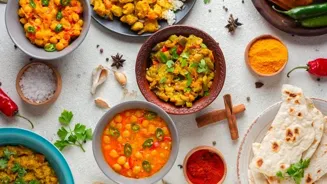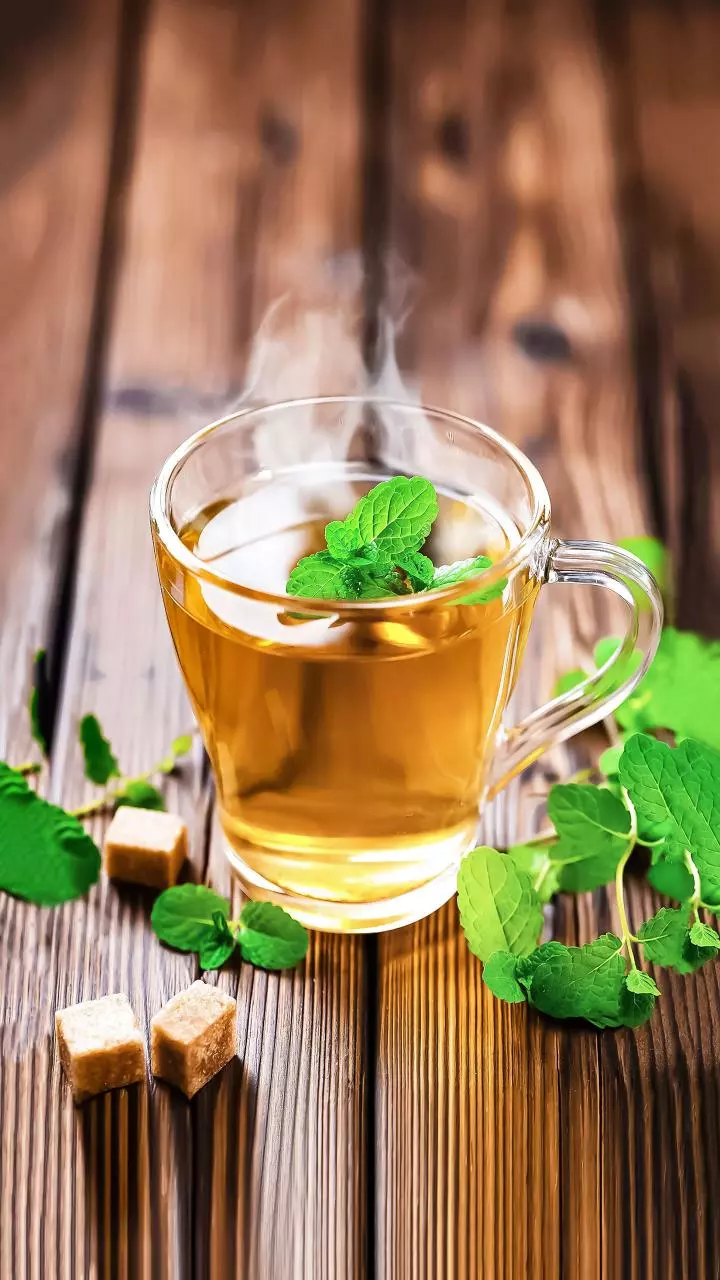Uncover the Intriguing Influence of Persian Cuisine on Indian Food - A Delicious Fusion of Flavors and History! Explore More!
India, a land of diverse cultures and traditions, boasts a culinary landscape
as vibrant and varied as its people. Over centuries, the country's cuisine has been shaped by various influences, with Persian cuisine playing a significant role.
The interaction between Persian and Indian cultures has resulted in a delightful fusion of flavors, techniques, and dishes that continue to tantalize our taste buds today. Many Indians remain unaware about the rich history of Persian Influence though.
Persian food has influenced India from the time of the Mughals. Persian dishes have been adopted into the list of well-established and well-loved Indian dishes. The effect is seen even today as many Indian dishes have their root in Persian food.
Persian cuisine elevates Indian vegetarian dishes with nuts and spices
One of the most discernible impacts of Persian cuisine on Indian food can be seen in the realm of vegetarian dishes. The introduction of dried fruits and nuts, such as almonds, pistachios, and raisins, added a touch of royalty to Indian cooking.
These ingredients found their way into numerous dishes, including pulaos, biryanis, and desserts, enhancing their taste and texture. Saffron, a spice highly prized in Persian cuisine, also became a staple in Indian kitchens, lending its color and aroma to sweet dishes like kheer and zarda.
These spices were added to vegetarian food to enhance taste and flavour. Without Persian influence, India would not have known the wonderful effect of these ingredients on their food.
Persian slow cooking influences rich Indian vegetarian gravies
The art of slow cooking, a hallmark of Persian cuisine, was readily adopted in India, leading to the creation of rich and flavorful vegetarian curries and gravies.
Dishes like 'Shahi Paneer' and 'Navratan Korma' bear testament to this influence, with their creamy textures and delicate blend of spices.
The use of yogurt and cream as thickening agents, a common practice in Persian cooking, also became prevalent in Indian cuisine, adding a velvety smoothness to vegetarian dishes. The richness of Indian vegetarian gravy dishes can thus be traced back to Persian influence.
Slow cooking and creaminess became an integral part of vegetarian delights, making these dishes delectable.
Persian cuisine influences Indian desserts with unique flavors
The impact of Persian cuisine extends beyond the main course, influencing the realm of Indian desserts as well. Dishes like 'Phirni,' a rice pudding flavored with cardamom and saffron, and 'Shahi Tukda,' a bread pudding soaked in saffron-infused milk, bear a striking resemblance to Persian desserts.
The use of rosewater as a flavoring agent, a characteristic of Persian sweets, also became popular in India, adding a touch of floral fragrance to desserts like 'Gulab Jamun' and 'Ras Malai.' The desserts are loved till date and are a must in any gathering.
These desserts are still a very important part of menu and continue to be a favourite for sweets lover. They are served in every occasion.
Persian influence on Indian cuisine through the iconic samosa
One cannot discuss the influence of Persian cuisine on Indian food without mentioning the humble samosa. While the exact origins of the samosa are debated, many believe that it evolved from the Persian 'Sambosa.
' This triangular pastry filled with savory ingredients made its way to India through trade routes and gradually transformed into the beloved snack we know today. Today's delicious Samosas are a favourite of everyone. Every corner of the India loves to eat the Samosa with a cup of tea.
It is one of the most favourite snack for people in India. Without Persian influence, this snack would not have been a part of India.
Persian cuisine elevates Indian vegetarian dishes
The impact of Persian cuisine on Indian food can be observed in the subtle nuances of vegetarian cooking. The artful blending of sweet and savory flavors, the use of aromatic spices, and the emphasis on texture all contribute to the unique character of Indian cuisine.
The Persian influence has not only enriched the culinary landscape of India but has also fostered a deeper appreciation for the art of cooking and the joy of sharing food. Persian food has influenced the country and will continue to do so for centuries to come.
The ingredients like dry fruits and spices have elevated the Vegetarian dishes over time.
AI Generated Content. Glance/InMobi shall have no liability for the content














